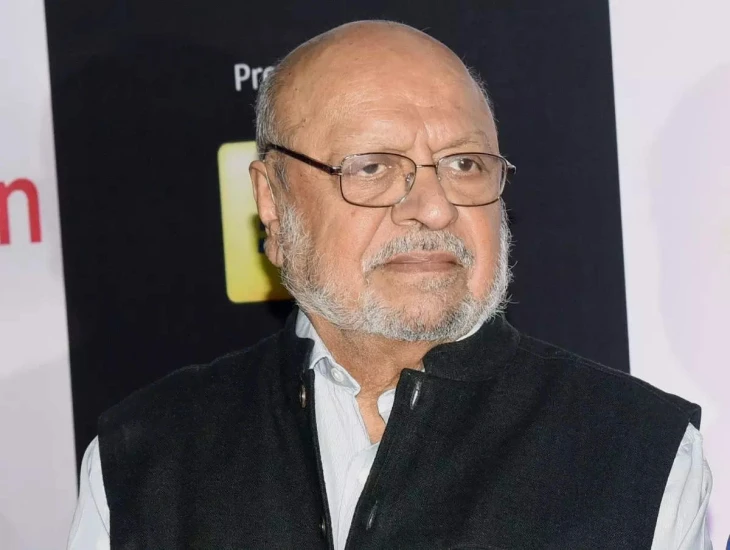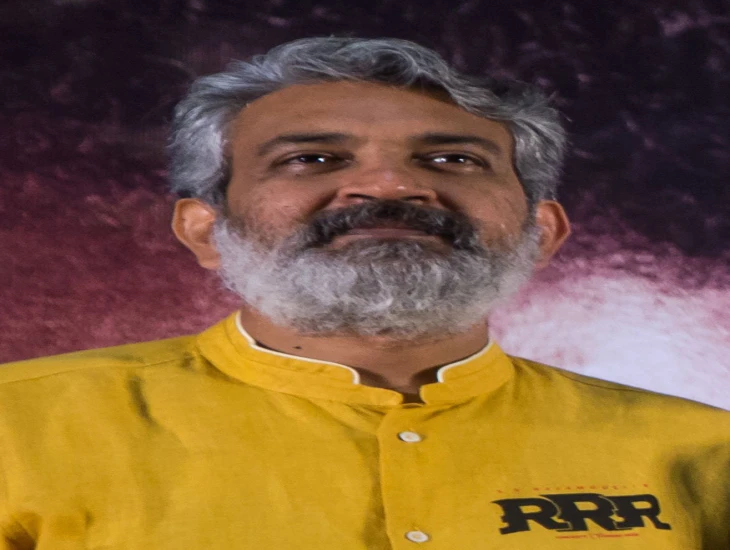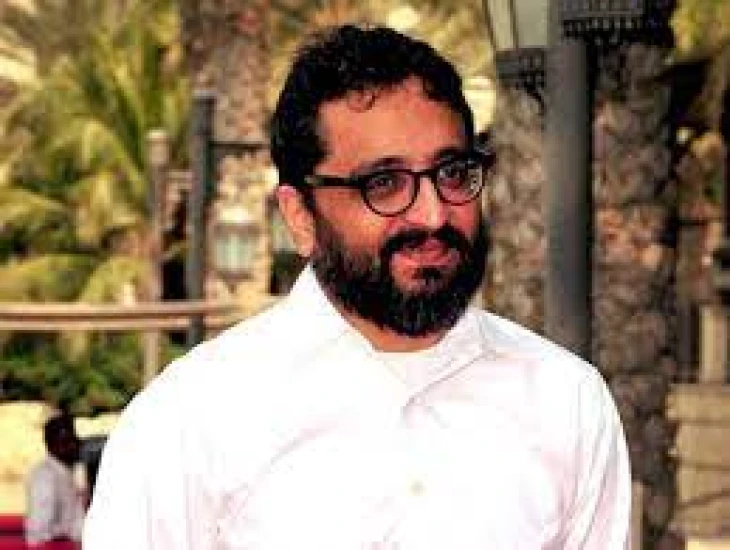Shyam Benegal
Director
Shyam Benegal is indeed an Indian film director, screenwriter, and documentary filmmaker who is often regarded as the pioneer of parallel cinema in India. Here is some additional information about him:
Early Life and Education: Shyam Benegal was born on December 14, 1934, in Hyderabad, India, to a Konkani-speaking Chitrapur Saraswat Brahmin family. His father, Sridhar B. Benegal, was a prominent figure in the field of photography. Benegal developed an interest in filmmaking from a young age and made his first film at the age of twelve using a camera given to him by his father. He pursued higher education and obtained an M.A. in Economics from Osmania University in Hyderabad. During his time there, he established the Hyderabad Film Society.
Career: Benegal began his career as a copywriter at an advertising agency in Mumbai. Alongside his advertising work, he started making documentaries, with his first Gujarati documentary titled "Gher Betha Ganga" (Ganges at the Doorstep) releasing in 1962. He gained recognition and acclaim for his documentary "A Child of the Streets" (1967). Benegal directed over 900 sponsored documentaries and advertising films during his advertising years.
In 1966, he joined the Film and Television Institute of India (FTII) in Pune as a teacher. He taught at the institute until 1973 and served as its chairman twice, from 1980 to 1983 and again from 1989 to 1992. Benegal made several documentaries and short films during this time, further establishing his reputation as a filmmaker.
His first feature film, "Ankur" (1973), marked his entry into mainstream cinema. It was followed by critically acclaimed films like "Nishant" (1975), "Manthan" (1976), and "Bhumika" (1977). These films, collectively known as the new wave or parallel cinema movement, explored social and political themes and brought a fresh perspective to Indian cinema.
Benegal's filmography includes notable films such as "Mammo" (1994), "Sardari Begum" (1996), and "Zubeidaa" (2001). These films, along with others, form the Muslim women Trilogy and have won National Film Awards for Best Feature Film in Hindi. Benegal has received numerous accolades throughout his career, including eighteen National Film Awards, a Filmfare Award, a Nandi Award, and the prestigious Dadasaheb Phalke Award in 2005.
Shyam Benegal's contributions to Indian cinema have been significant, and he is recognized as one of the greatest filmmakers post the 1970s. His realistic storytelling and emphasis on social issues have made a lasting impact on Indian cinema.
Please note that the information provided is accurate up until my last knowledge update in September 2021, and there may have been further developments or achievements in Shyam Benegal's career since then.
















































.webp)







